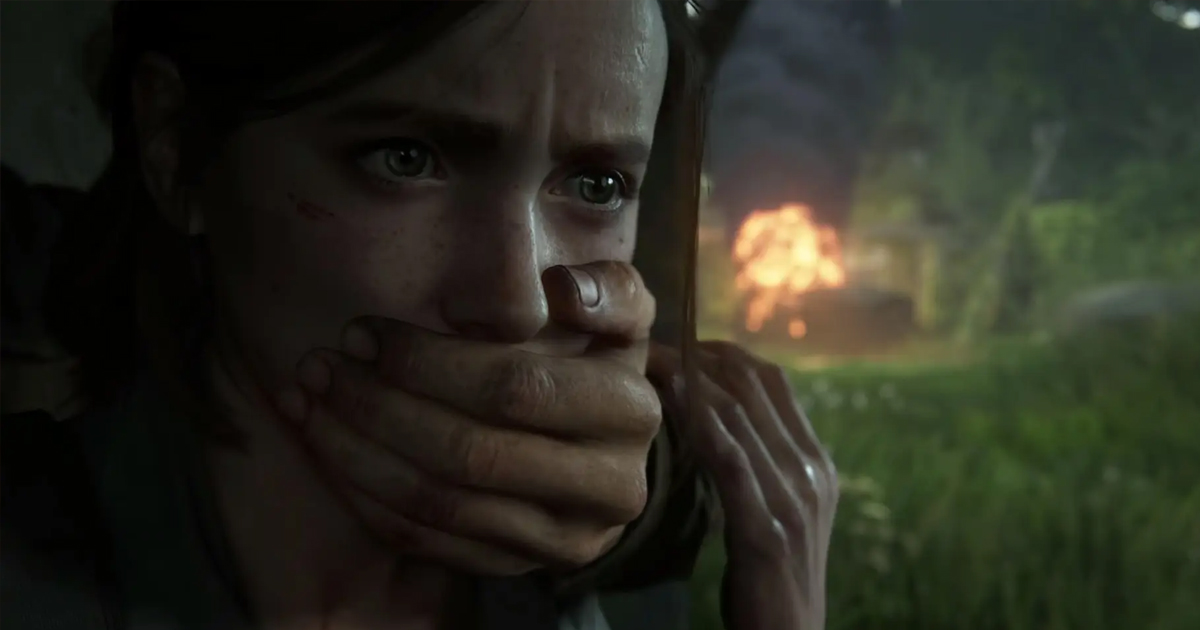Naughty Dog Presidents Criticized for Justifying Crunches by Employees' Desire to Work Hard
Neil Druckmann and Evan Wells, presidents of Naughty Dog, shared their opinions on the problem of crunches in the gaming industry. According to them, it is necessary to create comfortable conditions — including not prohibiting “passionate” developers from voluntarily working overtime to improve the project. However, studio bosses were criticized by industry colleagues for their position.
The Last of Us Part IINaughty Dog Position
The studio presidents
shared their opinion about crunches in an interview with Game Informer.
Wells stated that without voluntary overwork, he would hardly have achieved much success: “I myself have worked hard for many years. I think it’s partly helped me reach the professional level I’m at now.”
Drakmann noted that today everyone gives their own definition of the term “crunches”. For Naughty Dog, this is a combination of the number of working hours and the stress that the employee is experiencing because of his work. However, according to Drakman, there is no single solution to the problem.
Wells pointed out that Naughty Dog is working hard on each of its projects. After completing the development of the game, the studio always conducts post-mortems with each department, in which, among other things, it analyzes the features of production and management decisions. Management strives to understand how it can improve processes and make working conditions more comfortable.
According to Wells, at Naughty Dog, every employee can get a chance to leave their mark on the industry and develop in their chosen field. The studio does not prohibit developers from working beyond the norm on their own. However, the management does not want people to burn out because of their passion and in pursuit of career opportunities.
To combat crunches, the management has organized special working groups that seek and offer improvements to internal processes. Also, Naughty Dog has more leads and directors, so that it is easier for ordinary employees to convey their feedback and talk about problems.
Naughty Dog tried to prohibit team members from working more than 40 hours a week and on Sundays. According to Wells, this approach did not suit many employees who wanted to work on their tasks on their own after hours. He believes that the official ban on drilling would “shackle” such passionate developers.
“Therefore, we need to find several solutions. We have to approach this problem from different sides,” said Drakmann, without specifying exactly how the studio will solve this issue.
Alternative opinion about the problem
The interview between Drakmann and Wells was commented on by journalist Jason Schreier.
He didn’t like that Naughty Dog bosses equated hard work with overwork.
According to Schreier, game studios value employees who are in the workplace and sit on Twitter for 60 hours a week much more than those who cope with tasks as efficiently as possible in 40 hours. The journalist noted that the main problem of crunches in the gaming industry is the corporate culture, which encourages such practices and initially expects overwork from its employees.
“Crunch” is a nuanced issue and it’s not something that can be easily defined or eliminated. In gaming, the bigger problem is *crunch culture* — companies where extended overtime is normalized and expected. One root cause is when the bosses believe that working hard = long hours
— Jason Schreier (@jasonschreier) August 30, 2021shared Carrie Patel, writer and senior narrative designer at Obsidian Entertainment.
“The problem with “passionate” developers who crunch on their own is that they create additional work for other departments,” she wrote. According to Patel, this develops a “martyr mentality” in a person, which ultimately harms the work of the entire team.
As an example, she cites a “martyr” who wanted to add an additional quest to the game. Such a person voluntarily works at night to complete the task. However, he forgets that this requires additional work by other specialists. They will need to register a character who issues a quest, add a battle related to the task, additionally test new content, etc.
The thing about “passionate” devs “choosing” to crunch is that they make extra work for other departments, too. This establishes a martyr mentality that can be toxic to team collaboration and communication. Let me explain…????
— Carrie Patel (@Carrie_Patel) August 29, 2021″In this way, one person’s ‘passion’ becomes the burden of the whole team,” explains Patel.
According to her, such people in the process of voluntary overwork do not think about their colleagues. A narrative designer, for example, may not have time to create a new character.
As a result, such a “martyr” begins to think of colleagues as less involved employees. This leads to communication problems and devaluation of the work of individual specialists. Because of this, the overall quality of the game suffers, as unfinished elements appear in it, hastily collected tasks and bugs not caught in time.
Patel also believes that most of these “martyrs” are far from passionate developers. They are just afraid of losing their job and want to invest as much effort as possible in the project to prove their effectiveness.
At the end of her thread, the narrative designer Obsidian noted that studio managers should not blindly see passion for their work in such actions of employees. They should not encourage such practices, but organize production well and set realistic deadlines for all the team.
